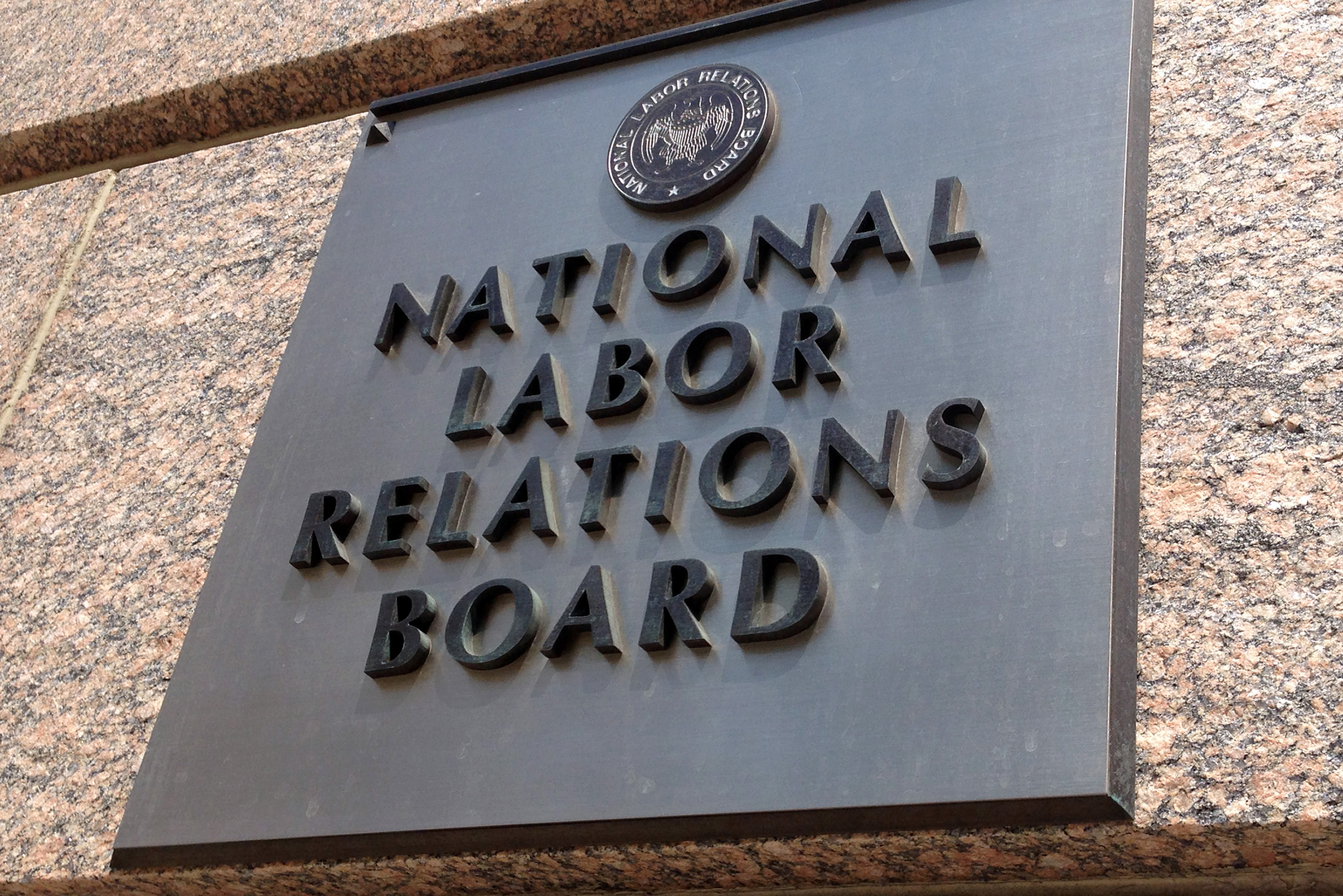Labor board lets workers confront the big boys
Decision in Browning-Ferris case may have huge implications for general contractors and franchisors like McDonald's
In a ruling that could vastly expand liability for businesses — including corporate giants such as McDonald's — the National Labor Relations Board (NLRB) has spelled out just who qualifies as an employer, or a "joint-employer." The decision is expected to improve legal recourse for the millions of workers employed by two or more bosses, such as on subcontracted construction sites or at retail franchises.
In Browning-Ferris Industries and Leadpoint Business Services v. Teamsters Local 350, a case out of California, a majority of the five-member NLRB held that a joint-employer situation exists where two or more employers control what their workers do. The specific question was whether a group of garbage-sorters, screen-cleaners and housekeepers who had been hired by Leadpoint — the subcontractor — were also employees of the general contractor, recycling company Browning-Ferris. In earlier proceedings, the regional labor board ruled that Browning-Ferris was not a joint-employer. But the union, a sanitation division of the Teamsters, appealed that decision, arguing that its member-workers were in both companies' employ: Leadpoint had hired them but Browning-Ferris controlled their wages and working conditions.
The NLRB ultimately found that Browning-Ferris and Leadpoint “share or codetermine those matters governing the essential terms and conditions of employment" — that is, each "possesses sufficient control over employees’ essential terms and conditions of employment to permit meaningful collective bargaining."
The union had asked the NLRB to consider a broadened legal standard for “joint-employer” status, to hold both “parent” companies and their subcontractors or franchisees responsible when sufficient control is exercised over working conditions. In numerous friend-of-the-court briefs filed with the NLRB, worker advocates, employment lawyers and the general counsel of the NLRB supported the Teamsters’ position, arguing that liability must be imposed up and down the chain, based on concrete facts: Who can hire and fire? Who can set wages and schedules?
On the other side, staffing agencies, franchise associations and business groups cried foul for what they see as an improper extension of the joint-employer standard and the Board’s overreach.

“The Board’s tortured analysis will undoubtedly be met with skepticism and will be rejected by local franchise owners, legislators and, ultimately, the courts,” said Steve Caldeira, president and CEO of the International Franchise Association. “IFA and its allies are asking Congress to intervene to halt these out-of-control, unelected Washington bureaucrats to preserve the established joint employer standard relied upon by America’s 780,000 franchise businesses and the 8.5 million jobs they directly create.”
While groups like the IFA accused the NLRB of ignoring the economic reality of the franchise structure, the Fight for $15 fast-food movement applauded the Board's recognition that large corporations exert control over individual stores and restaurants.
“McDonald’s is the boss — that’s true by any standard," said Kendall Fells, organizing director of Fight for $15. "The company controls everything from the speed of the drive-thru to the way workers fold customers’ bags. It’s common sense that McDonald’s should be held accountable for the rights of workers at its franchised stores.”
Although the NLRB's ruling only applies to labor law and not employment cases — minimum wage, overtime or discrimination — it could influence other venues. Several such cases brought by Fight for $15 workers are pending in federal court.
"The Board has been out of whack with federal and state laws with respect to employment," said attorney Moshe Marvit, fellow at the liberal think tank the Century Foundation. "The decision is influenced by other agency decisions, and OSHA (the Occupational Safety and Health Administration), for example, will follow the Board's lead.”
Attorney Michael J. Lotito of Littler Mendelson, the law firm representing Leadpoint, could not comment directly on the company’s reaction, but wrote in an email that applicable law in this case prevents a direct appeal.
For now, the decision stands as among the most worker-friendly of President Barack Obama's labor board. And it will play out immediately on the ground: In a recount of union votes, and with both Browning-Ferris and Leadpoint now required to sit across the table from Teamsters Local 350.

No comments:
Post a Comment